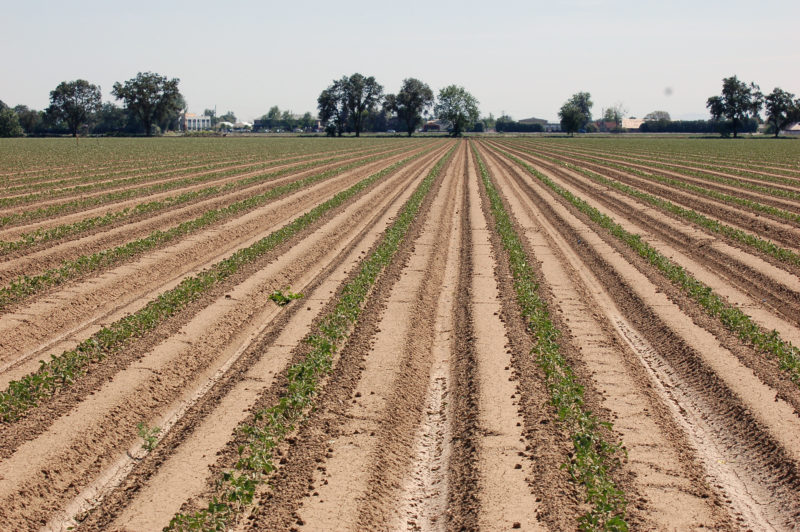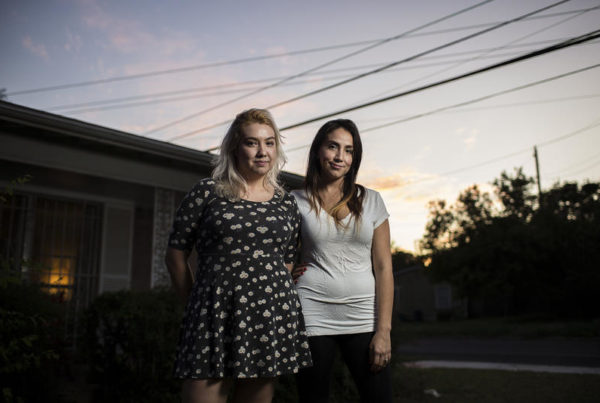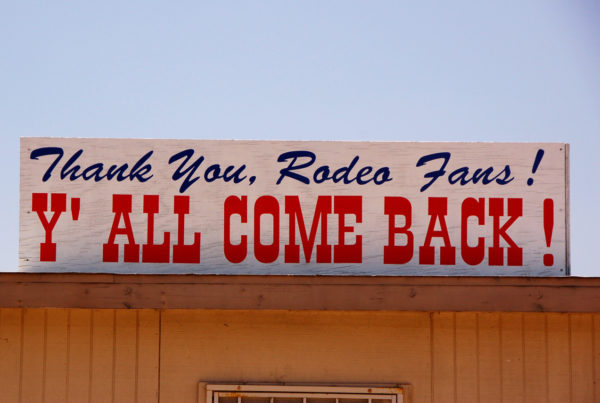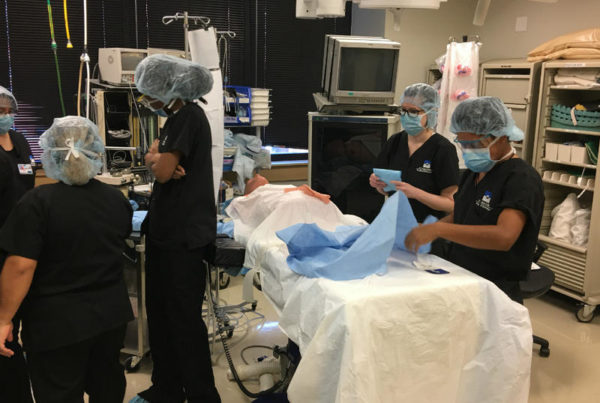Although the treatment of farmworkers has improved somewhat since the days of Cesar Chavez, there’s still have a ways to go – particularly when it comes to the treatment of women. Though the situation has improved over time, female farmworkers continue to face high rates of sexual assault. One reason for the improvement is the work of farmworker advocates, who have forged a partnership with corporate food buyers.
Lupe Gonzalo is with the Coalition of Immokalee Workers, a farmworkers’ rights organization. She spoke to us through her translator, Marley Moynahan.
Gonzalo says female farmworkers once faced daily risks, from unwanted comments and threats, to sexual assault. Gonzalo says there were also no legal protections for farmworker women experiencing sexual violence.
The situation has improved, Gonzalo says, because of the Fair Food Program, an agreement between her organization and corporate food buyers, that establishes codes of conduct with strong workers’ rights protections.
“This program really goes beyond a simple certification,” Gonzalo says. “These buyers who are participating in the program, including major corporations like Taco Bell, McDonald’s, Burger King and Walmart only purchase from growers who are up to code, who are participating in this program and ensuring that they are protecting workers’ rights.”
Gonzalo says compliance with the code of conduct is closely monitored.
“If there is a farm that is failing to protect women, that is failing to protect workers’ basic rights, then all of those corporations that are participating cannot buy from that farm,” she says.
Gonzalo, who was once a farmworker herself, says the Fair Food Program came about because of pressure from consumers and religious leaders,along with farmworkers.
“We as farmworkers weren’t just out there putting pressure on corporations, but also educating consumers about where their food comes from, and educating consumers about the connection between themselves and farmworkers, because all of us eat every day. And the reason that we eat every day is there’s someone out there harvesting the food that is on our plate,” she says.
Written by Shelly Brisbin.















